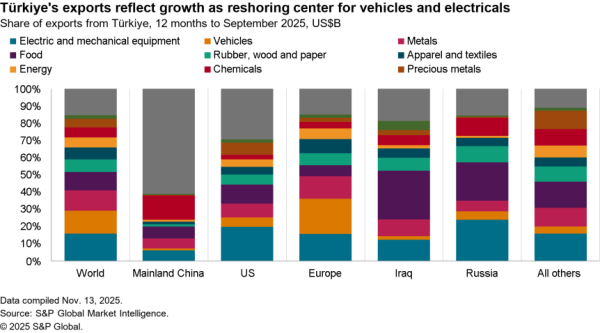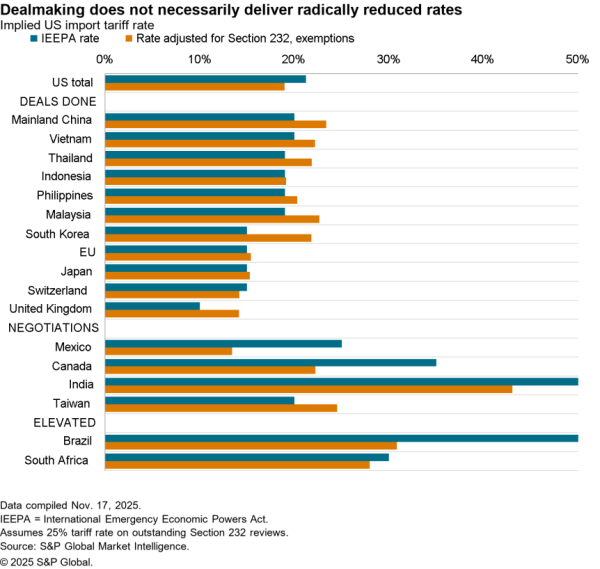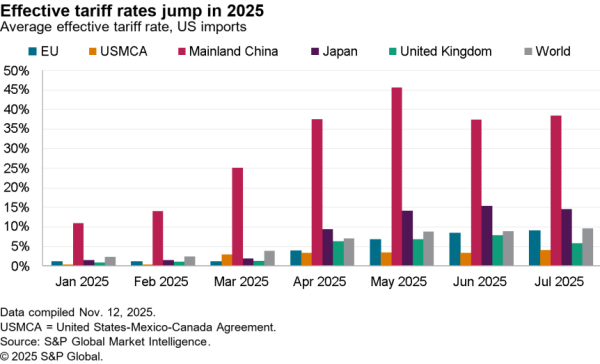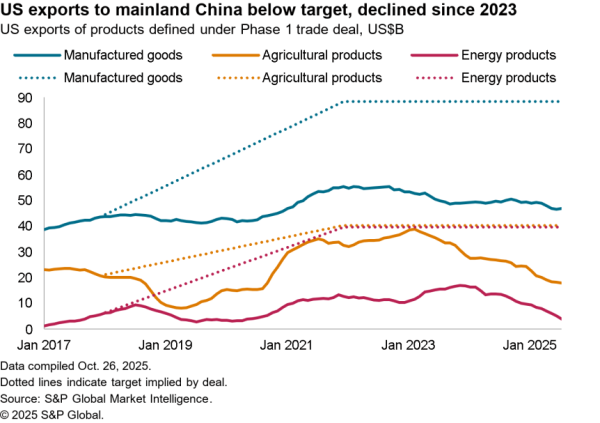The CES event in Las Vegas this week will include a focus on mobility products ranging from regular vehicles – such as Fiat-Chrysler’s new range of hybrid Jeep vehicles reported by CNBC – to more exotic fare like Segway Ninebot’s new S-Pod flagged by Engadget.
Segway Ninebot’s more conventional transportation products including scooters and bikes have led to a rapid expansion of U.S. seaborne imports. Panjiva’s data shows imports associated with the firm jumped 97.9% year over year in 2019, though growth halted in 4Q.
The expansion has been driven by components including batteries, which represented 60.6% of the total in the past 12 months, and has been dominated by shipments from China despite the pressures of the trade war with the U.S.

Source: Panjiva
Growth of mobility and gadgets more broadly ranging from phones to chainsaws has driven an increase in imports of lithium ion batteries. Total U.S. imports surged 16.9% year over year In the 12 months to Oct. 31. That’s slowed to 1.6% in 4Q based on seaborne shipments.
The decline has been due to reduced imports by Panasonic which fell 20.7% in 4Q. Panasonic’s slowdown is likely linked to more insourcing by Tesla at its Gigafactory in Nevada. As outlined in Panjiva’s research of Jan. 2 showed that Tesla’s needs may fall further after it opened a vehicle manufacturing plant in Shanghai to meet local market needs.
There was a jump in shipments of batteries from China of 16.6% year over year in 4Q. Most battery types have avoided tariffs until the imposition of list 4A duties at a 15% rate in September. That rate will likely be cut to 7.5% in January as a result of the phase 1 trade deal between the U.S. and China, though most batteries will remain immune from tariffs. Major exporters of LiON batteries from China include Stihl affiliate Changzhou Globe and Primax Electronics.

Source: Panjiva




